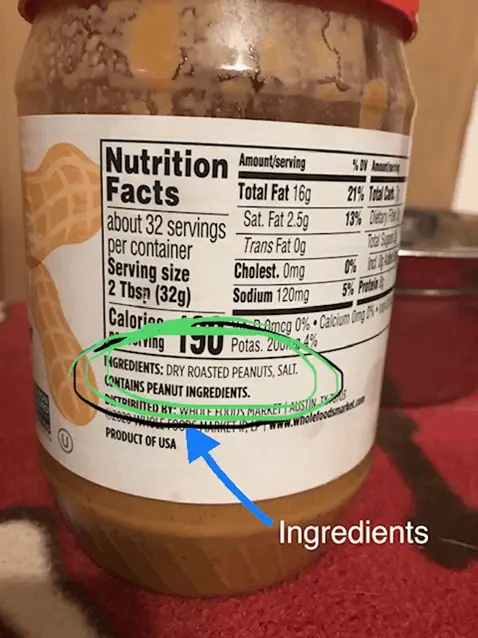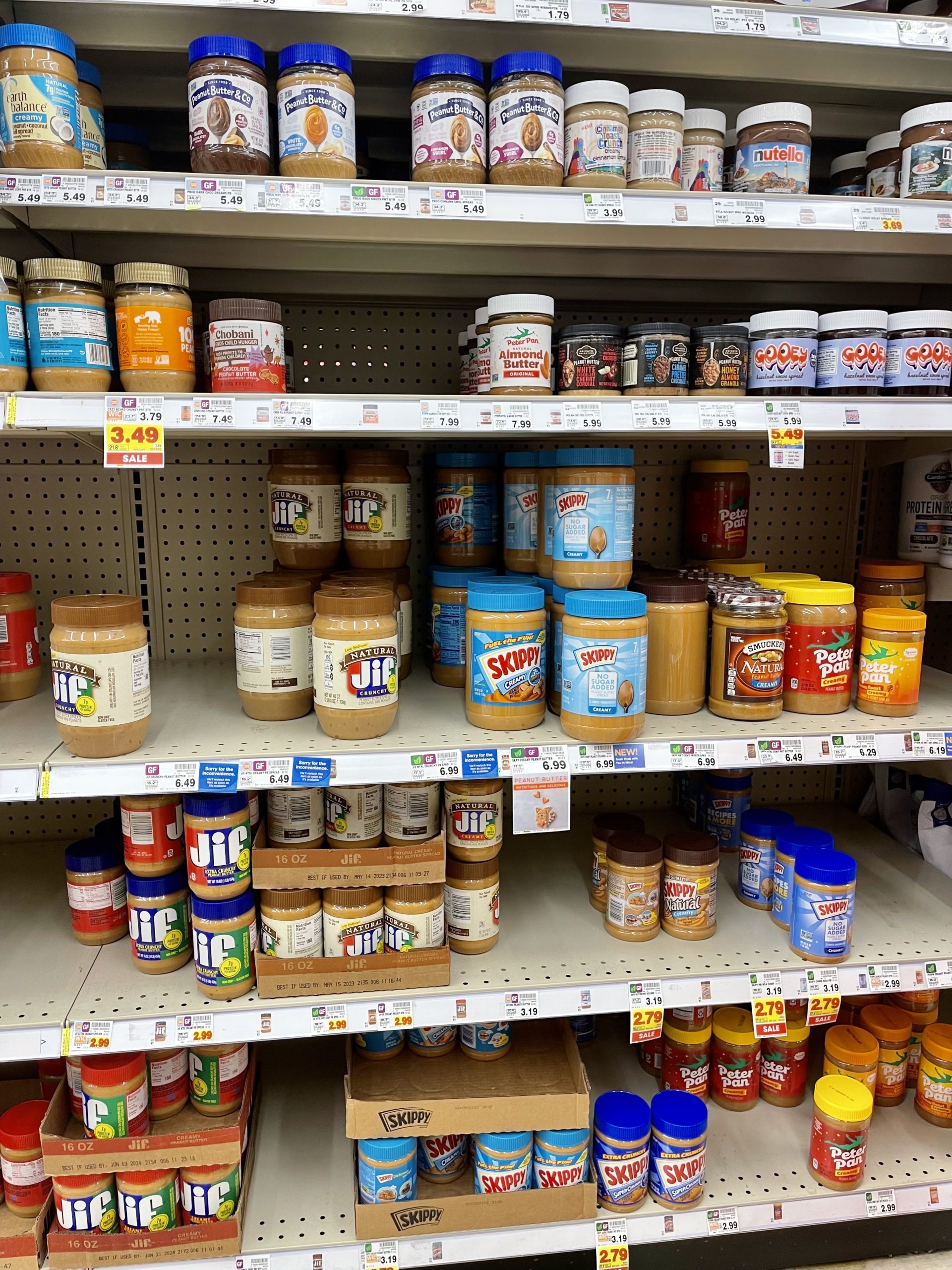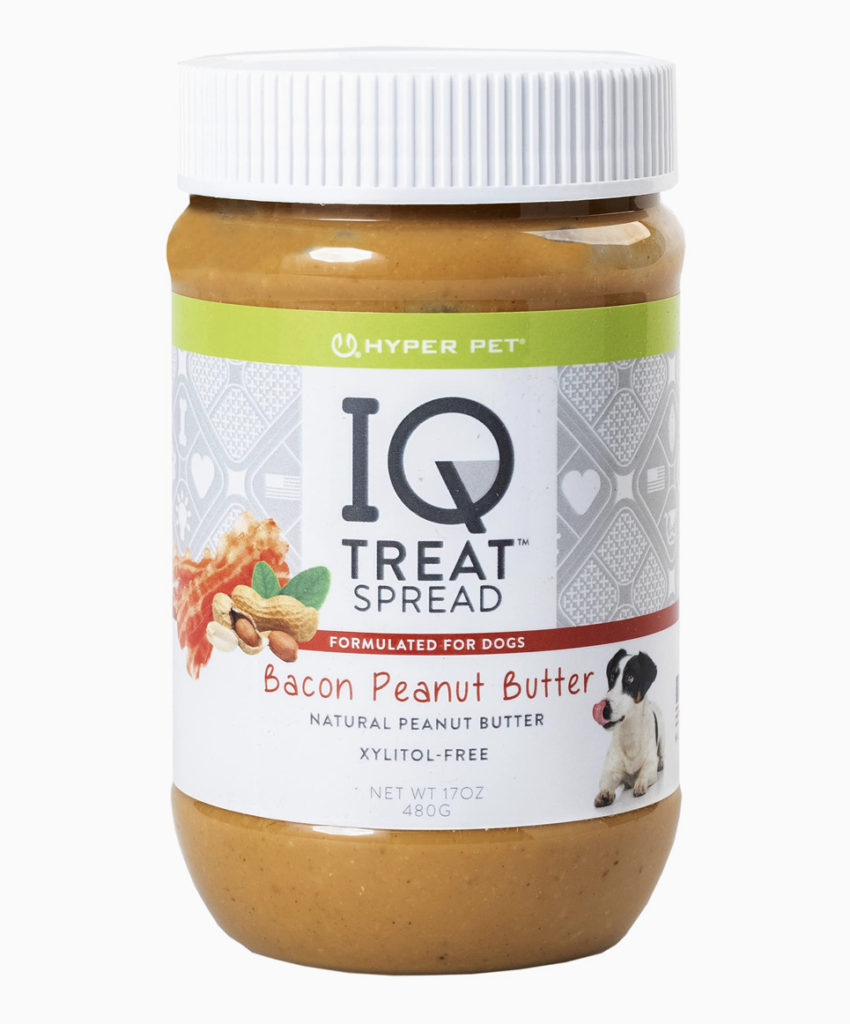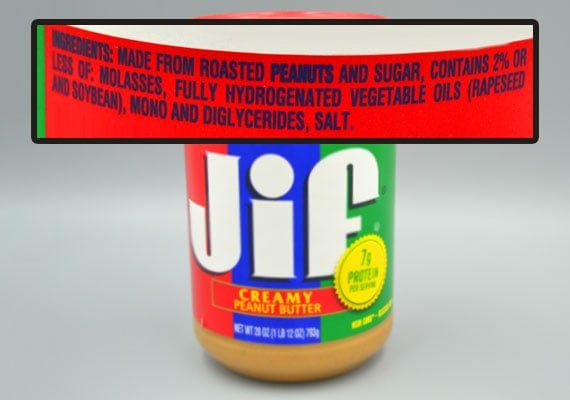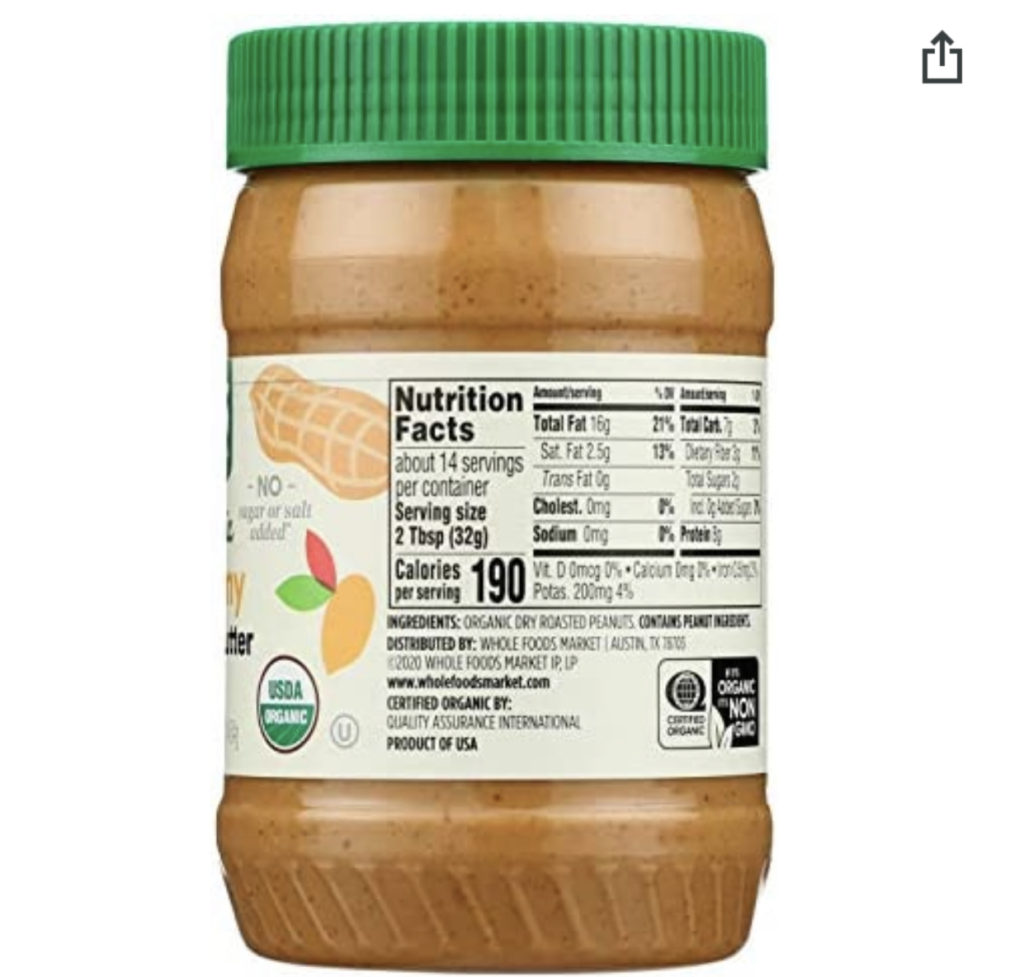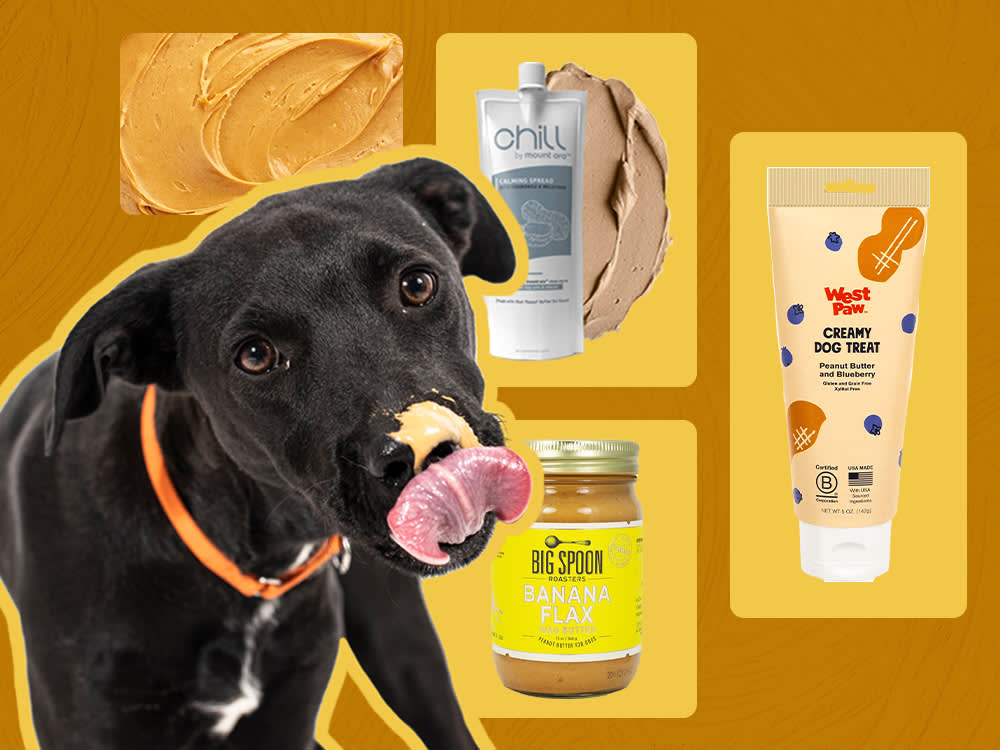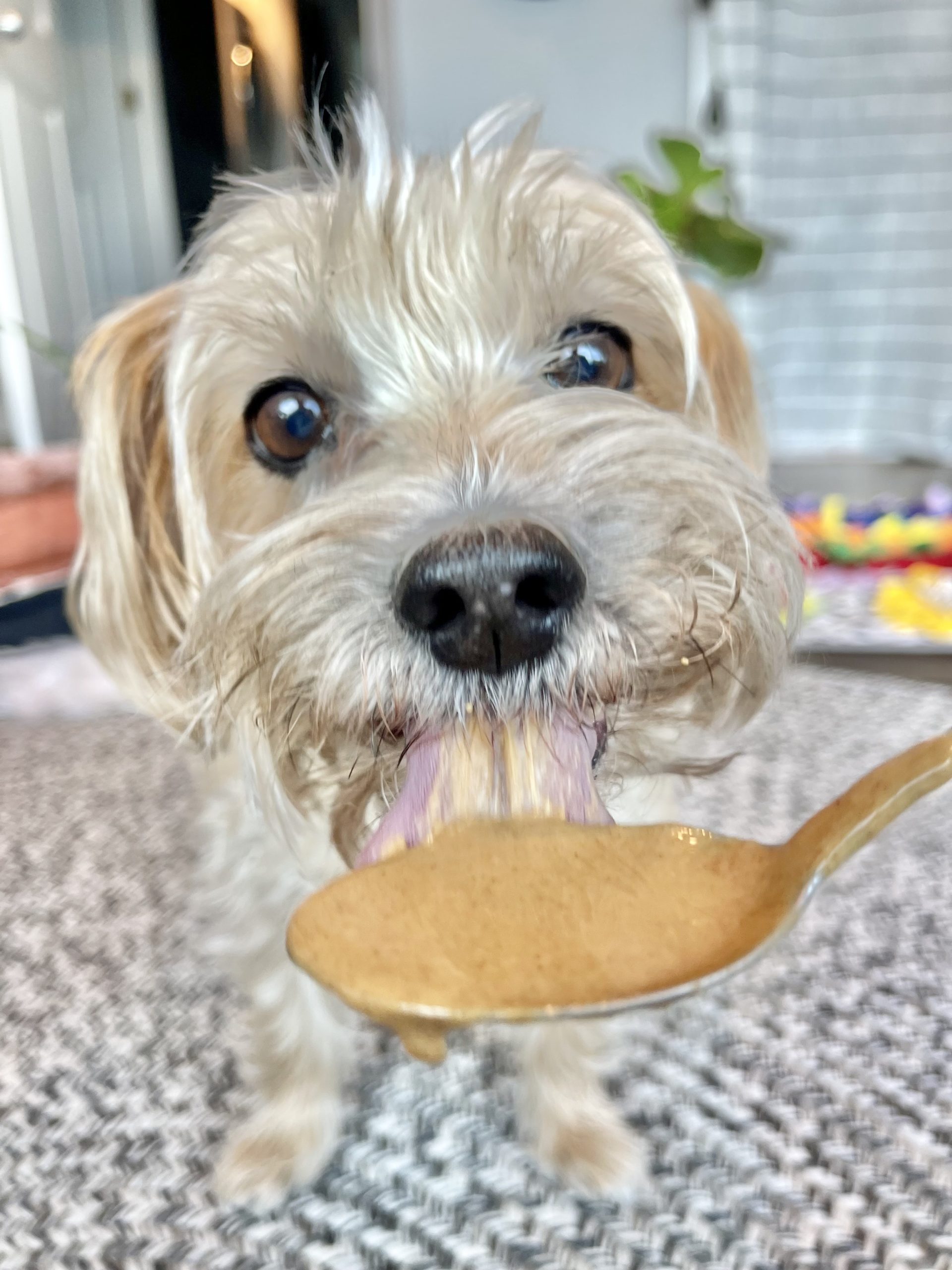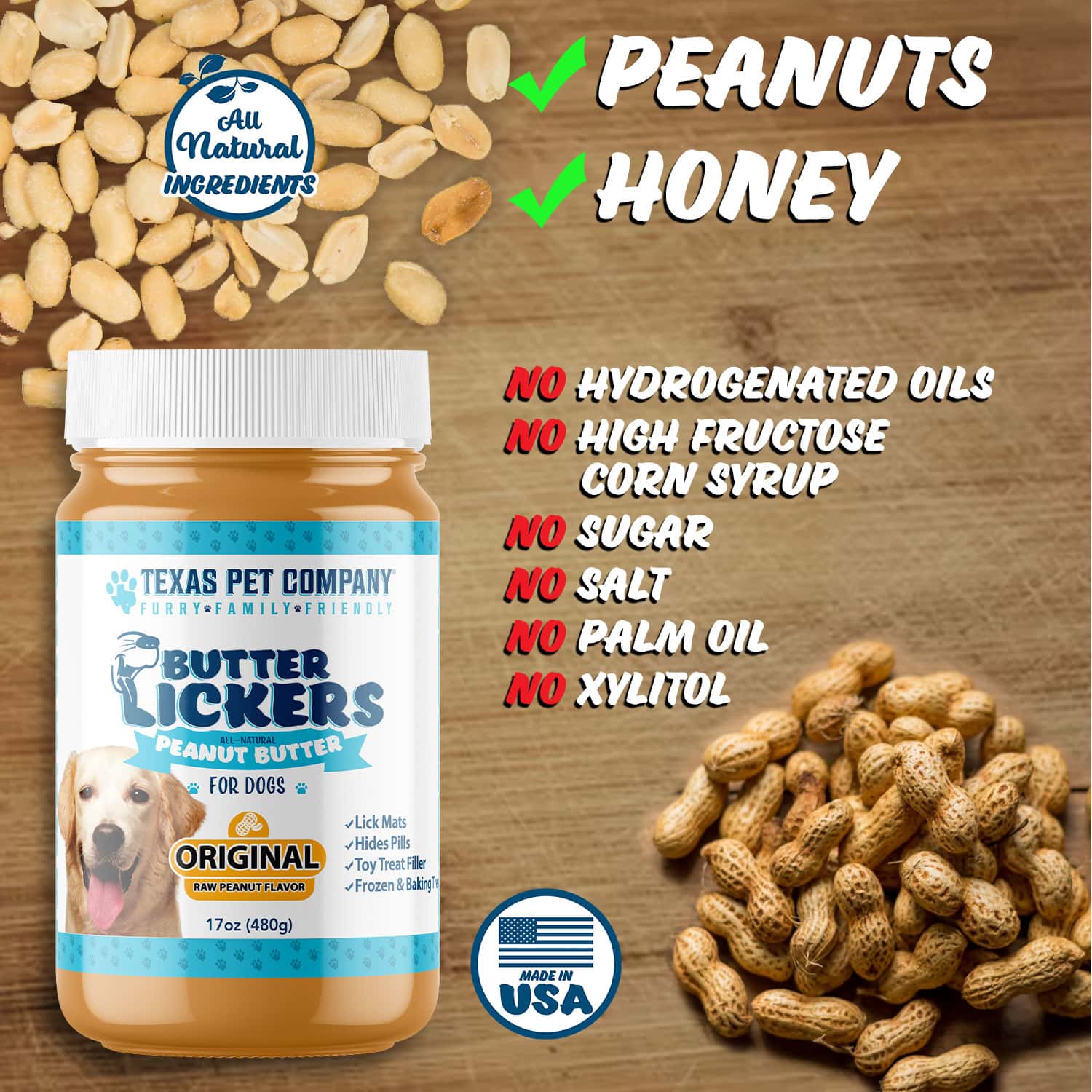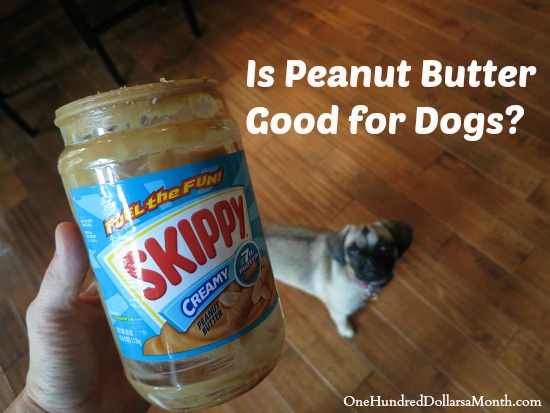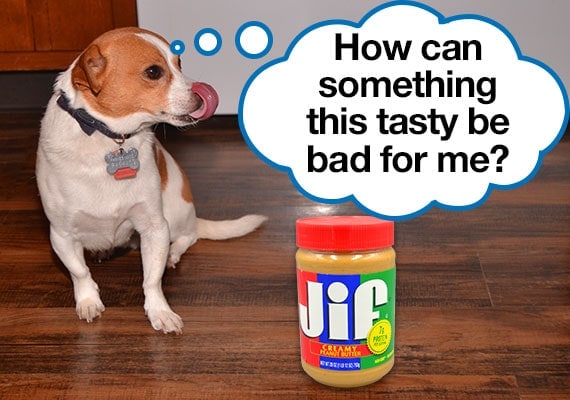Which Peanut Butter Brands Are Safe For Dogs

Imagine your furry friend, tail wagging furiously, eyes glued to the spoon you’re holding. The aroma of peanut butter fills the air, and you know that look – the one that says, "Please, just a little bit!" Peanut butter: a classic treat, a training tool, a joyful indulgence for many dogs. But amidst the tail wags and happy licks, a crucial question lingers in the minds of responsible pet parents: is this beloved snack actually safe?
This article delves into the complex world of peanut butter and its impact on canine health, providing a comprehensive guide to help you choose safe and healthy options for your four-legged companion. We'll explore which brands are dog-friendly, which ingredients to avoid, and how to ensure peanut butter remains a delightful and safe treat for your beloved pet.
The Peanut Butter Predicament: Xylitol and Other Concerns
The primary concern surrounding peanut butter and dogs revolves around an artificial sweetener called xylitol. This sugar alcohol is harmless to humans but highly toxic to dogs, even in small amounts.
Xylitol can cause a rapid release of insulin in dogs, leading to a dangerous drop in blood sugar (hypoglycemia). It can also lead to liver failure.
Symptoms of xylitol poisoning include vomiting, weakness, incoordination, seizures, and in severe cases, death. It’s a frightening prospect, and one that makes careful label reading absolutely essential.
Decoding the Label: What to Look For (and Avoid)
The first step in ensuring your dog's safety is to meticulously examine the ingredient list. Your goal is to confirm, without a shadow of a doubt, that the peanut butter is completely xylitol-free.
Beyond xylitol, it's wise to be mindful of other additives. Ideally, the ingredient list should be short and sweet, consisting primarily of peanuts and perhaps a touch of salt.
Avoid peanut butters with excessive amounts of sugar, hydrogenated oils, or artificial flavors. These ingredients offer little nutritional value and can contribute to weight gain or other health issues.
Safe Peanut Butter Brands: A Starting Point
While ingredient lists are paramount, knowing some brands that are generally considered safe can be helpful. However, always double-check the label before each purchase, as formulations can change.
Many popular brands offer varieties that are perfectly safe for dogs. Look for those explicitly labeled as "natural" or "organic," and always scrutinize the ingredients.
Here are a few brands that often have xylitol-free options (but remember, always verify the label):
- Crazy Richard's 100% Peanut Butter: This brand typically contains only peanuts.
- Smucker's Natural Peanut Butter: A widely available option with a simple ingredient list.
- 365 Everyday Value (Whole Foods Market) Peanut Butter: Another natural peanut butter with minimal ingredients.
- Santa Cruz Organic Peanut Butter: A brand that focuses on organic and natural ingredients.
This list is not exhaustive, and formulations can change. Always read the ingredient list.
Making Your Own: The Ultimate Control
For the ultimate peace of mind, consider making your own peanut butter at home. It's surprisingly easy and allows you to control every single ingredient.
Simply blend roasted, unsalted peanuts in a food processor until smooth. You can add a pinch of salt if desired, but that's entirely optional.
Homemade peanut butter is not only safe but also often healthier, as it avoids the unnecessary additives found in some commercial varieties. Plus, your dog will love the extra effort you put into their treat!
Peanut Butter and Canine Health: Benefits and Considerations
Peanut butter, when offered in moderation and in a safe form, can offer some health benefits for dogs. It's a good source of protein, healthy fats, and vitamins like vitamin E and niacin.
The healthy fats in peanut butter can contribute to a shiny coat and healthy skin. Protein is essential for muscle development and repair.
However, peanut butter is also calorie-dense, so it's important to use it sparingly. Overfeeding can lead to weight gain, which can contribute to a range of health problems.
How Much is Too Much? Moderation is Key
Peanut butter should be considered a treat, not a meal replacement. The appropriate amount depends on your dog's size, breed, and activity level.
A small dog might only need a teaspoon or less, while a larger dog could enjoy a tablespoon or two. Start with a small amount and observe how your dog responds.
Pay attention to their weight and adjust the amount of peanut butter accordingly. If you notice any changes in their digestion or behavior, consult with your veterinarian.
Alternatives to Peanut Butter: Exploring Other Safe Options
If you're concerned about peanut allergies or simply want to offer your dog a wider variety of treats, there are several safe and healthy alternatives to peanut butter.
Almond butter, cashew butter, and sunflower seed butter (sunflower seed butter is also known as sunbutter) can be great options. However, the same caution regarding xylitol applies – always check the label.
Pumpkin puree (plain, not pie filling), sweet potato, and cooked vegetables like carrots and green beans can also be healthy and delicious treats for your furry friend.
Consulting Your Veterinarian: When in Doubt, Ask
If you have any concerns about feeding peanut butter to your dog, or if your dog has underlying health conditions, don't hesitate to consult with your veterinarian.
Your veterinarian can provide personalized advice based on your dog's individual needs and health history. They can also help you identify any potential allergies or sensitivities.
Remember, your veterinarian is your best resource for ensuring your dog's health and well-being.
The Joy of a Safe Treat: Building a Bond with Peanut Butter
Peanut butter can be more than just a treat; it can be a tool for training, a source of comfort, and a way to strengthen the bond between you and your dog. The key is to approach it with knowledge and caution.
By carefully selecting safe peanut butter brands and offering it in moderation, you can ensure that this classic treat remains a positive and enjoyable experience for your furry friend. The delighted look on their face as they savor that delicious spoonful is a reward in itself.
So, go ahead, share a little peanut butter with your dog. Just remember to read the label, be mindful of portion sizes, and enjoy the happy moments that a simple treat can bring. After all, a happy dog makes for a happy home.
